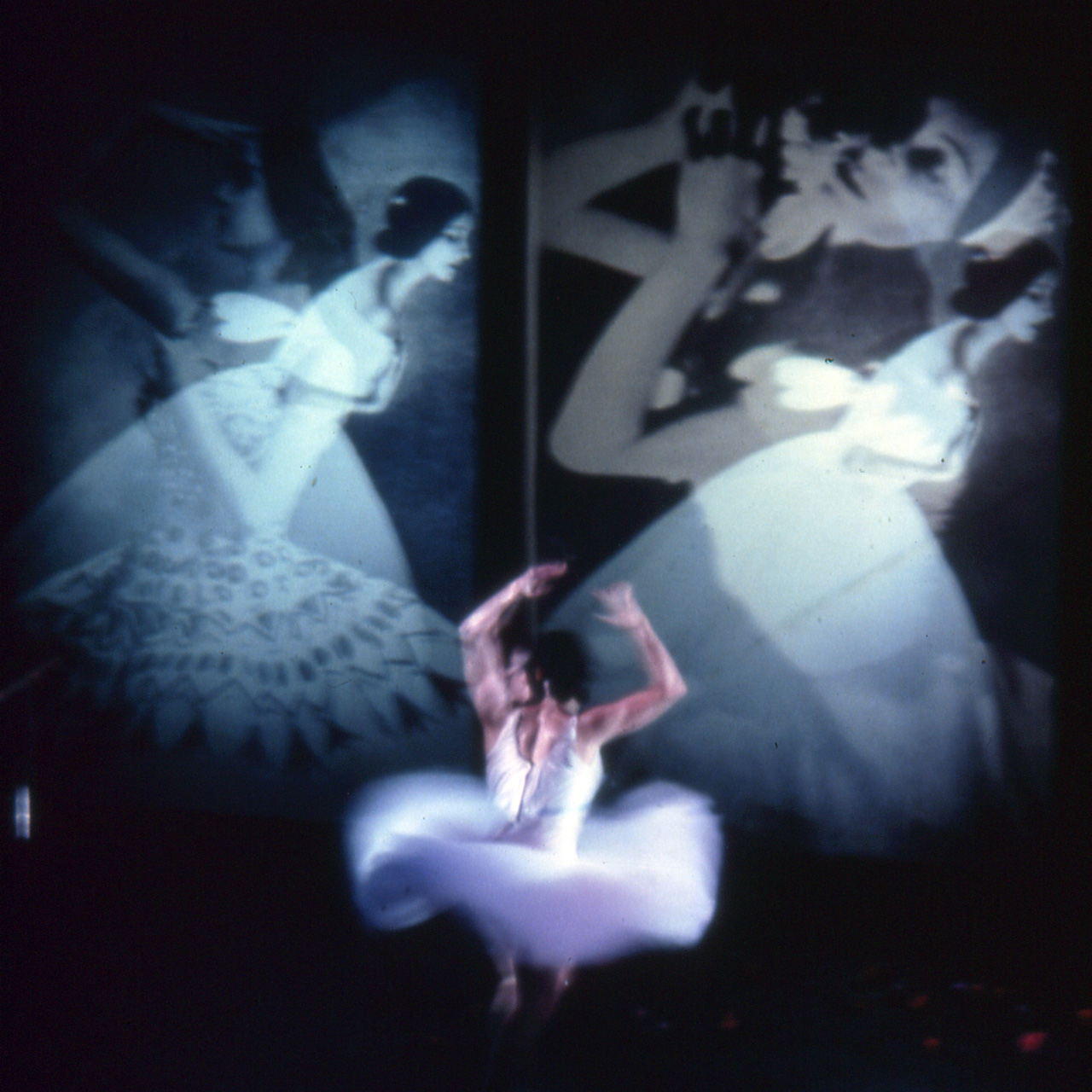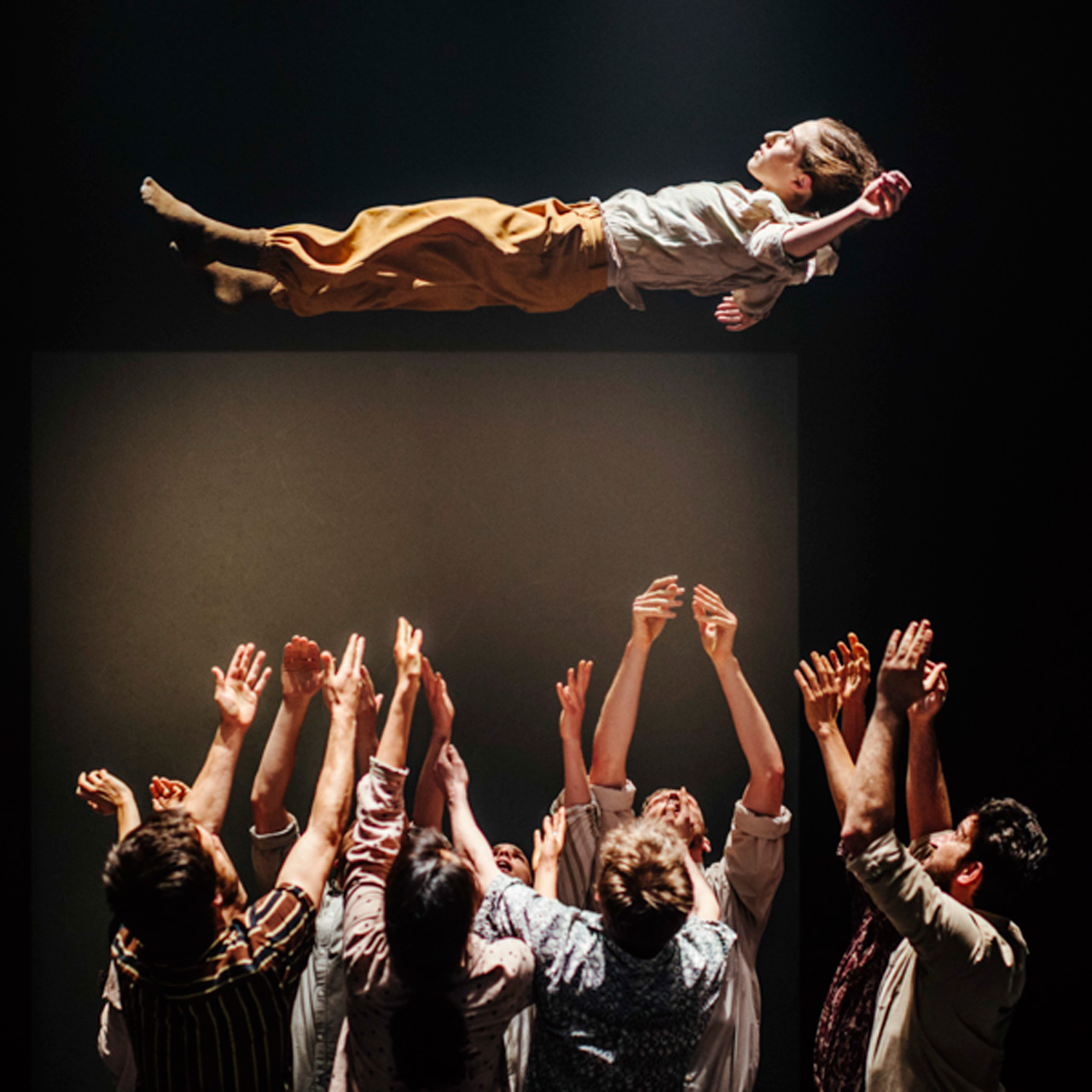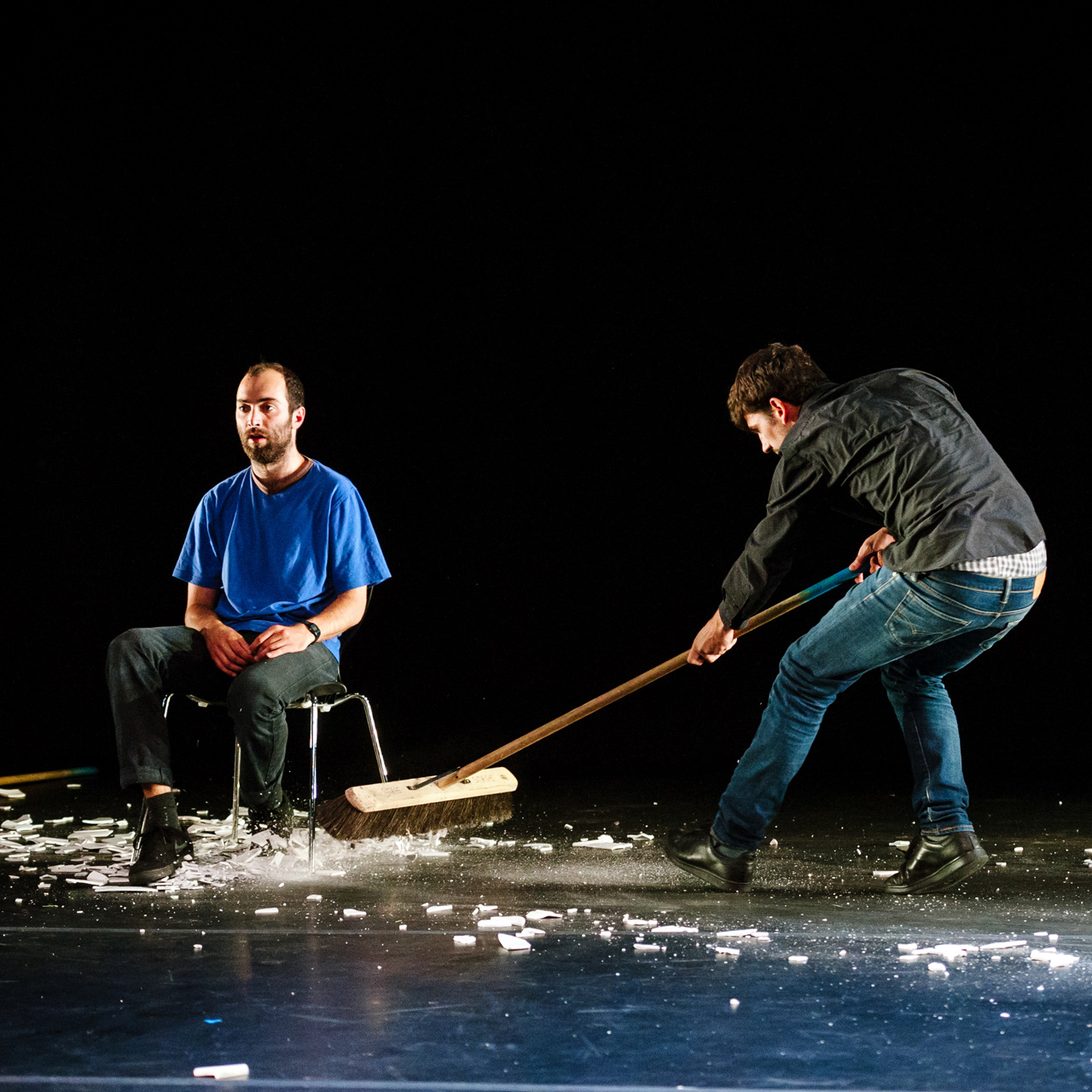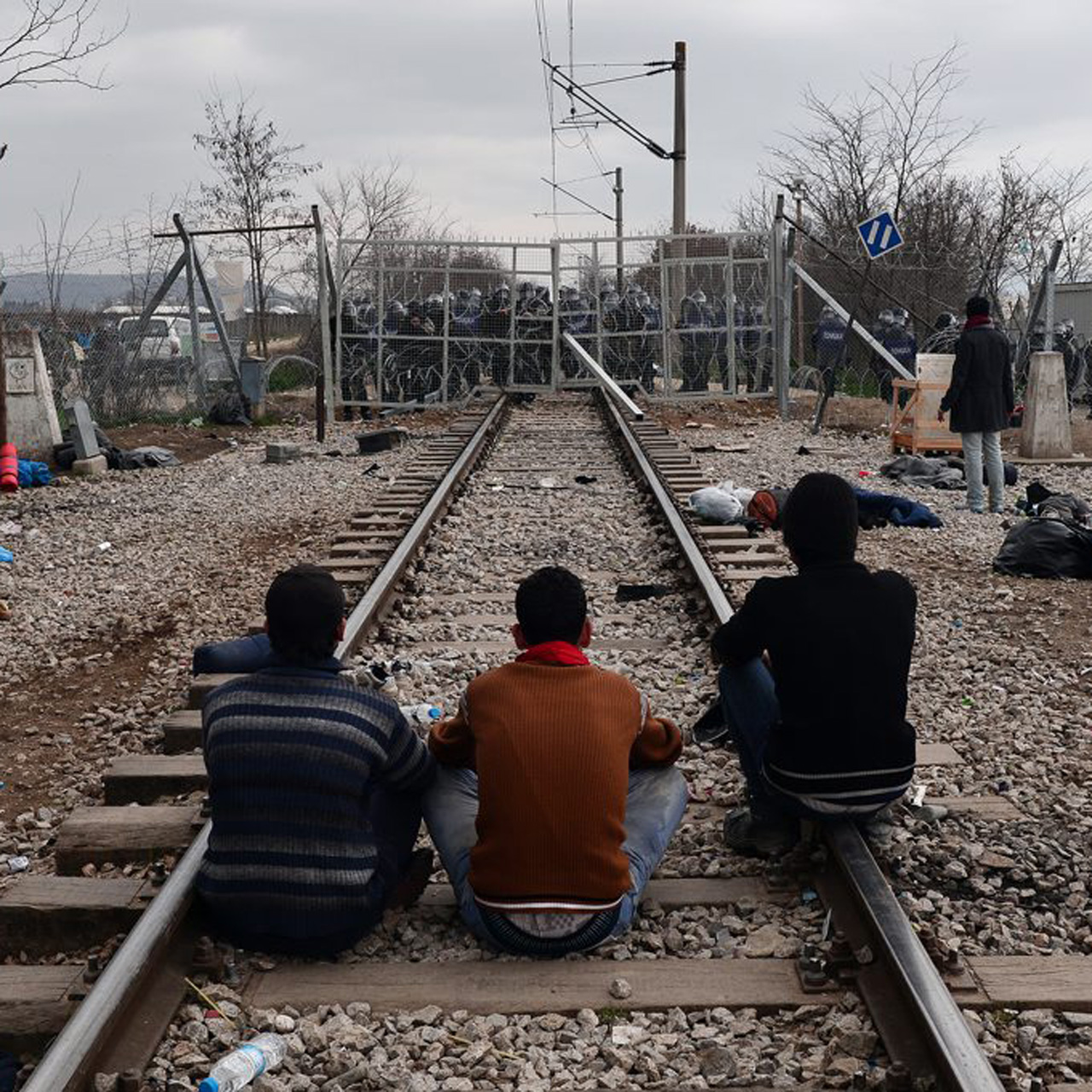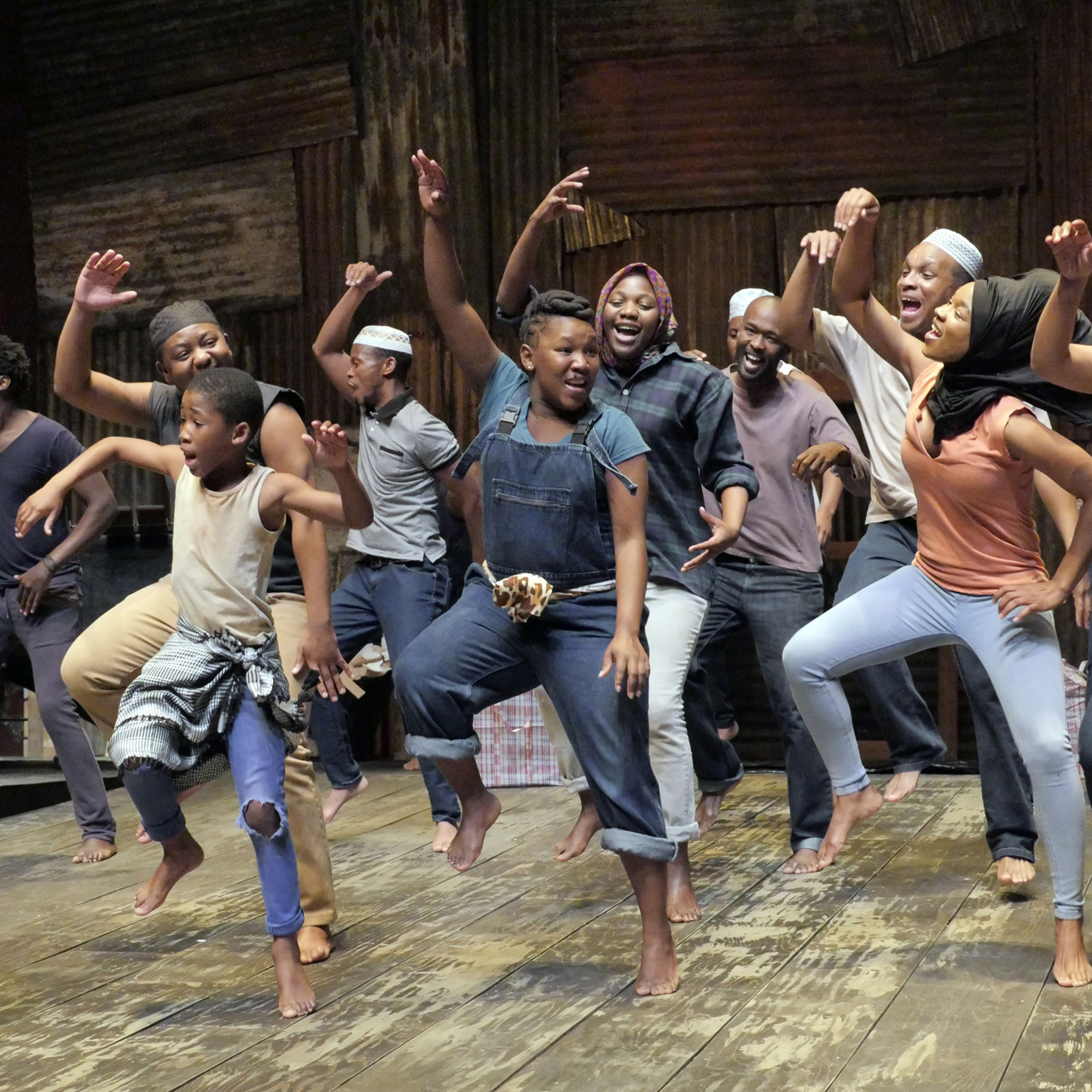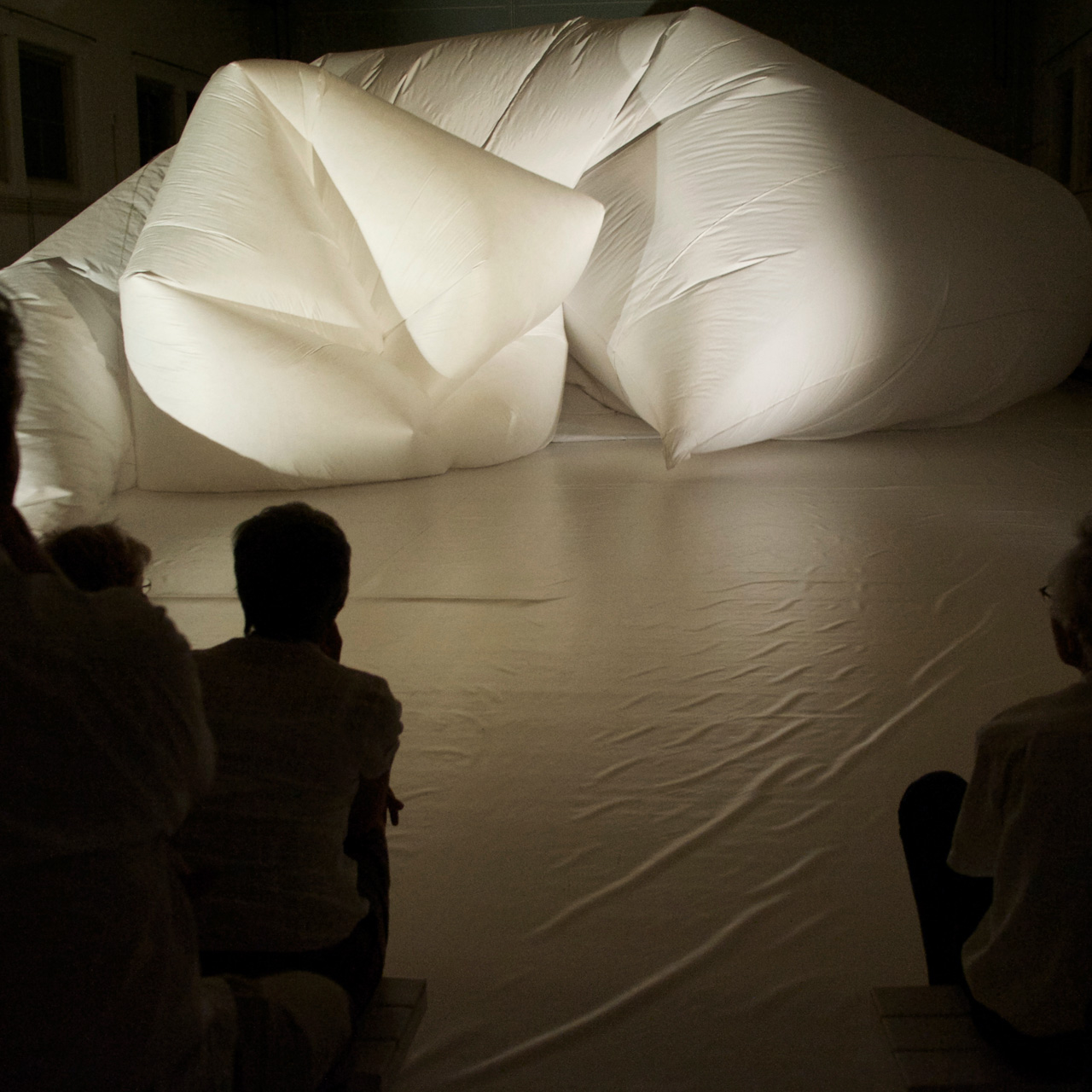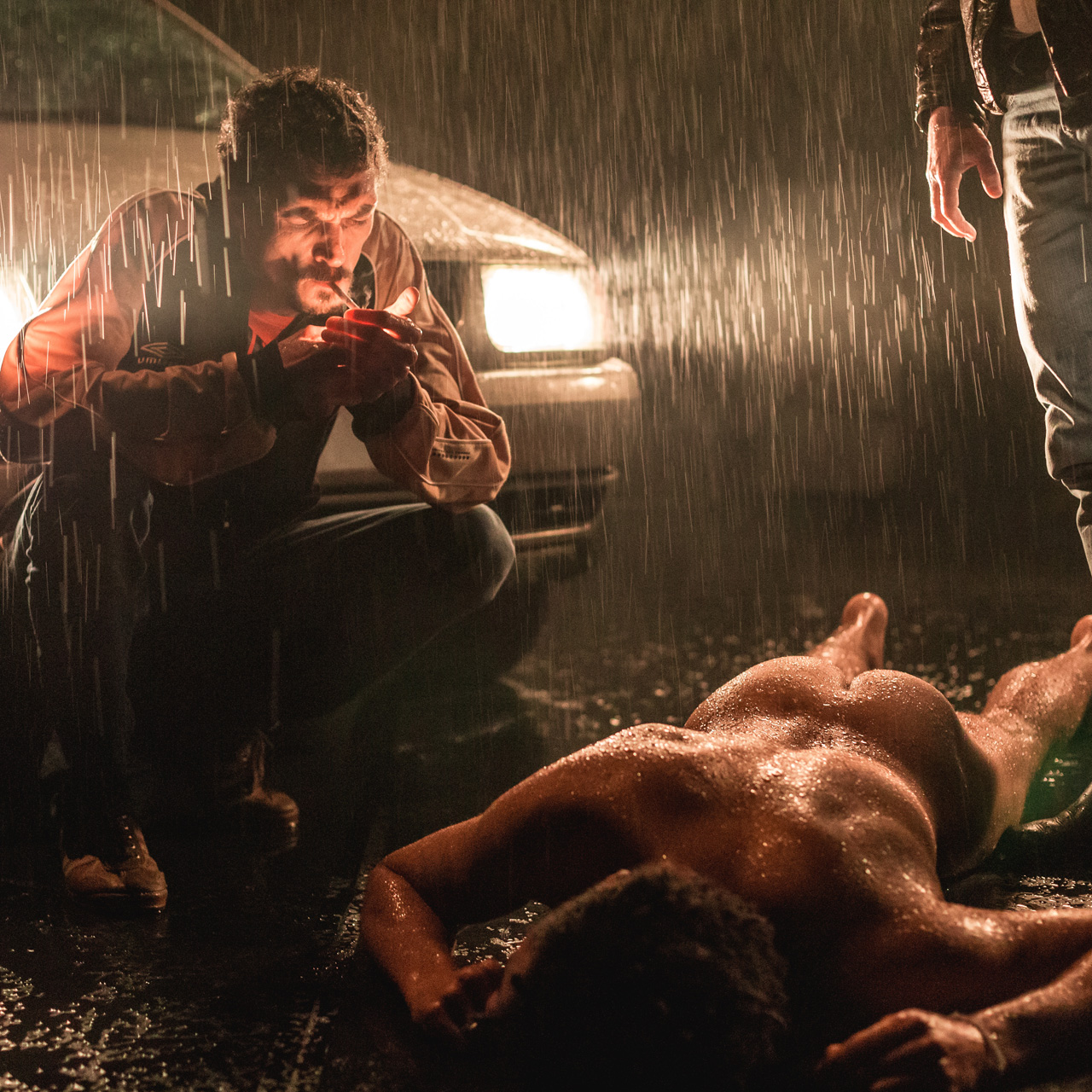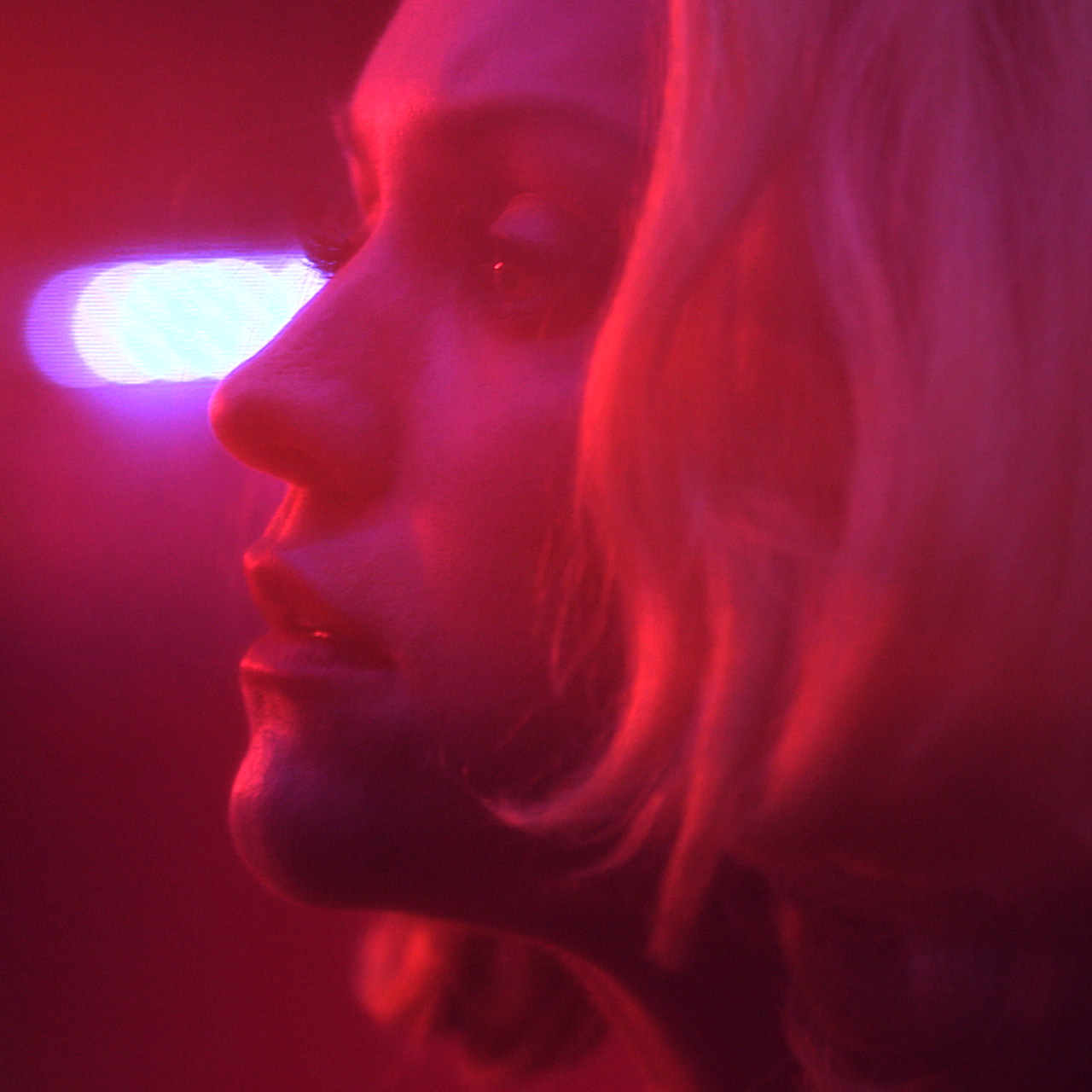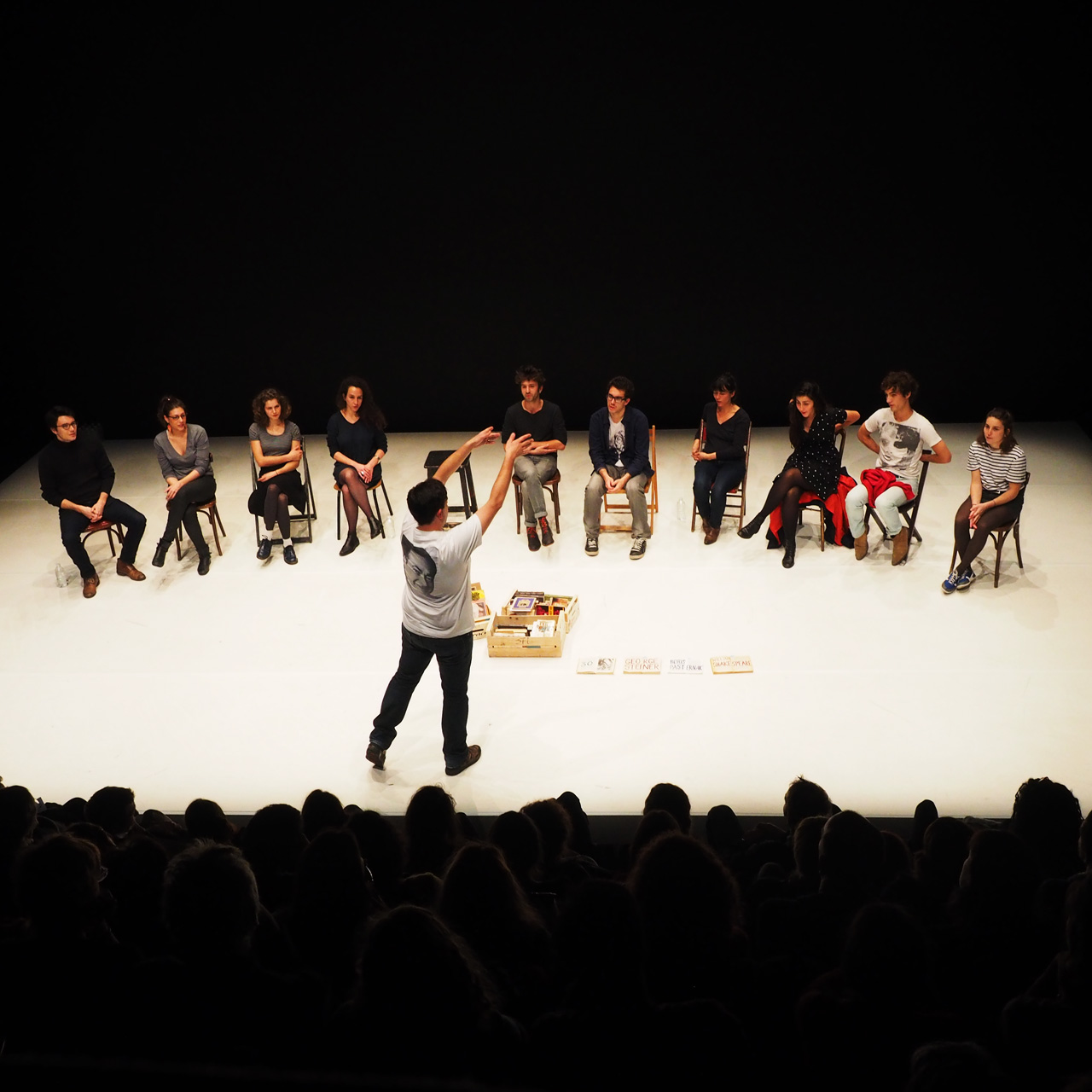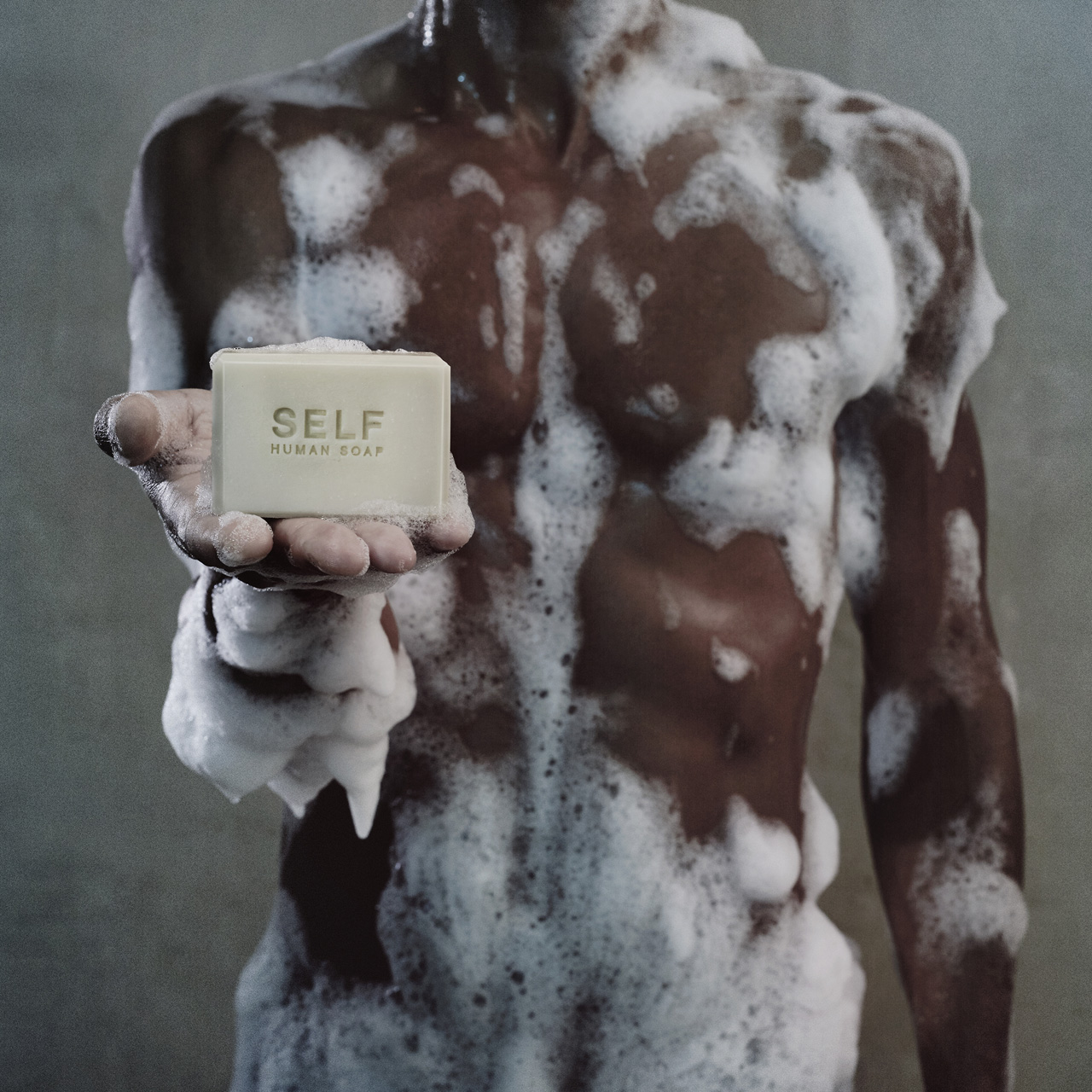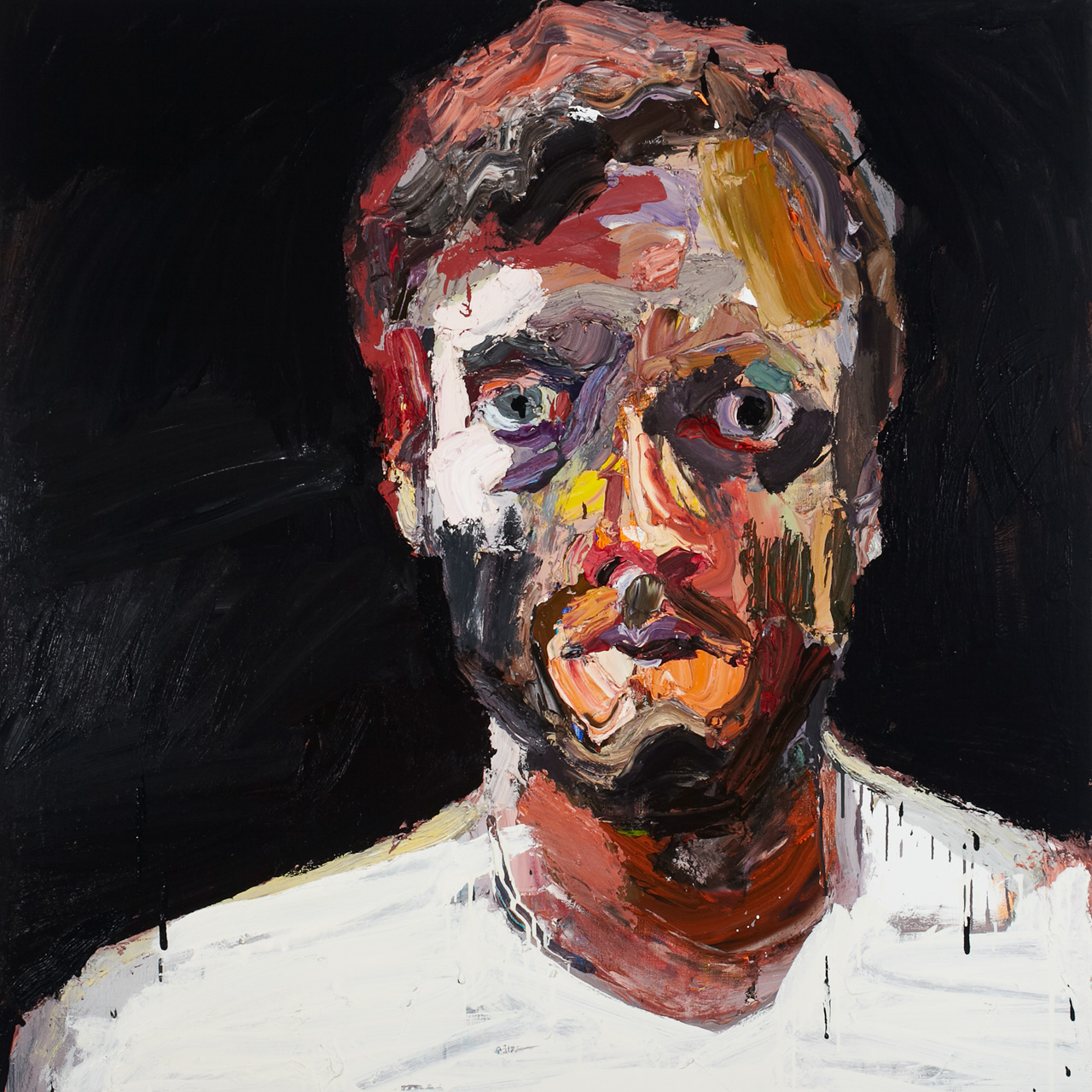News feed
Announced today, Adelaide Festival’s 2019 program doubles as a confident reassertion of the city’s credentials as the unassuming home of the Australian arts festival.
Across 17 days from March 1-17, 2019, Adelaide Festival’s exhaustive lineup includes more than 70 unique events across a range of disciplines from theatre to contemporary and classical music, opera, dance, film, forums and visual arts and as part of a number of specialised programs, including the Adelaide Writers’ Week and WOMADelaide. Included therein are 17 Australian premieres, with 10 world premieres amongst them. A further twenty-three are exclusive to the city, amongst which are eight original commissions produced for Adelaide Festival.
Like its contemporary Sydney Festival, which last year announced its 2019 program, Adelaide Festival’s programming places an important emphasis on the themes of human displacement and migration – two thematic concerns that are, for obvious reasons, thematic preoccupations for artists across the globe.
Herewith, 13 highlights from the expansive Adelaide Festival program.
Two Feet
First presented in 1988 at the World Expo, Australian dance legend Meryl Tankard has re-choreographed and re-staged her seminal work Two Feet as a vehicle for one of the 21st century’s greatest ballerinas, Natalia Osipova, portraying the turbulent life of 20th-century ballet superstar Olga Spessivtzeva, who was driven mad in the pursuit of perfection.
Grand Finale
It’s appropriate that Grand Finale should have its exclusive Australian premiere on the final three nights of Adelaide Festival, as the Israeli born, London-based choreographer Hofesh Shechter’s work is primed to bring down the house. Grand Finale is billed as part dance, part gig and part theatre, and as with much of Shechter’s work, it defies easy explanation: think a profoundly moving, pyrotechnic and gravity-defying performance inspired by and giving way to the end of days.
Manus
Australia’s greatest shame takes centre stage in Manus, a rough, agit-prop piece of theatre in which interviews with Iranian asylum seekers still in limbo on Manus and Nauru are relayed verbatim by a cast of eight all-Iranian actors performing in Persian. Apart from short seasons in Bangladesh and India, Manus has never been seen outside Tehran.
Palmyra
Palmyra, a double-act by European duo Bertrand Lesca and Nasi Voutsas, is named for the ancient city in Syria that was destroyed by ISIS in 2015. Part slapstick, part fable about the destruction of civilisation, this world-touring performance defies convention and promises a shattering climax.
Another Life: Human Flows/Unknown Odysseys
An exhibition of works from the Thessaloniki Museum of Photography showcases the endless flow of desperate people out of Africa and across the Mediterranean toward the hope of safety in Europe. Twenty-six photographers and photojournalists present over 160 works in Another Life, the centrepiece of Adelaide Festival’s visual arts component.
A Man of Good Hope
This award winning production and its 22-strong ensemble tell the story of the true coming-of-age story of Asad Abdullahi, who, after witnessing the murder of his mother in Mogadishu as an 8-year-old, journeys from Somalia through six African nations, finding and losing relatives, growing up, marrying, making a family of his own and losing them too before finally reaching the outskirts of Johannesburg. South Africa’s Isango Ensemble team up with Britain’s Young Vic to present the Australian debut of A Man of Good Hope, part-opera, part-musical and entirely unforgettable.
Blaas
The innovative Dutch company Schweigman& is responsible for Blaas – a word that means ‘bladder’ or ‘bubble’ or ‘blow’ and a work which is performed with audiences held captive inside a giant white blob. A conceptual collaboration between the director Boukje Schweigman, who is preoccupied with space and time; Cocky Eek, a fashion designer turned visual artist, who is fascinated by wind and air; and performer, Ibelisse Guardia Ferragutti, Blaas envelopes its co-performers and audience alike in an experiential performance that is all-consuming.
La Reprise
When Le Reprise premiered last year, the New York Times called it “extraordinary” and wondered whether the Swiss auteur Milo Rau might be one of the world’s most controversial theatremakers. The play, whose title translates as ‘the repetition’, approaches tragedy in the form of a multi-perspective narrative of a criminal case: the 2012 murder of a young gay man in Liège, Belgium. Don’t expect a linear performance either: Rau is dogmatic in his revolutionary approach to theatre – think bilingualism, inclusion of non-professionals, publicly accessible research, even rehearsal and performance in war zones.
The Second Woman
Nat Randall and Anna Breckon’s cult hit The Second Woman sees one actress playing the same 10-minute scene 100 times continuously over a 24-hour period, opposite 100 ‘leading men’ recruited from the Adelaide community. Part endurance performance, part live cinema, The Second Woman has only been staged four times before; the leading men do not meet or rehearse with their scene partner before she performs her hundred takes. Though the script remains the same, each scene is invariably different; at the end of each, the man is confronted with a stark decision.
Ulster American
The Irish playwright David Ireland has made a number for pushing boundaries, and his 2018 Edinburgh Fringe play Ulster American is no different. It’s rare for the Adelaide Festival to present work that’s bound for the West End and Broadway, but Ulster American offers Australian audiences a chance to get in ahead of the hype. In the play, an Oscar-winning actor, an up-and-coming English director and a Northern Irish playwright meet to rehearse a new West End play, but in this post-Weinstein world, personal ambition and explosive personalities are bound to collide.
By Heart
Portuguese theatre-maker Tiago Rodrigues will, each night, teach ten members of the Odeon Theatre audience to memorise a poem by heart. No one will have seen the performance before, or have any idea which piece they will be taught. During their recital, Rodrigues will relate the story of his nearly-blind, literature-loving grandmother who, confronted with ailing eyesight, resolved to learn a book by heart.
Schuldfabrik
“Soap machine may produce an intense fragrance” is the word of warning attached to Dutch installation artist Julian Hetzel’s Schuldfabrik: a cosmetics outlet and back-of-house manufacturing space, which retails soap made from human fat extracted through liposuction. Proceeds and bars of soap from the installation are later donated to third-world aid projects in Malawi and hygiene programs. Schuldfabrik (the double-edged word ‘schuld’ apparently suggests both ‘guilt’ as a moral duty and ‘debt’ as an economic obligation) promises to ‘Wash away the guilt’ of its speechless audience.
Quilty
Coming to the Art Gallery of South Australia, Quilty is the first major survey exhibition in a decade of work by one of Australia’s most acclaimed contemporary artists and activists, Ben Quilty, whose eponymous survey reflects on his myriad experiences as an official war artist in Afghanistan; his meetings with child refugees in Lebanon, Lesbos and Serbia; and his incredibly moving campaign to save the lives of Andrew Chan and Myuran Sukumaran.
Adelaide Festival takes place at venues across the city from March 1 until March 17, 2019. More information about Adelaide Festival, including its expansive program, can be found here.
Tile image: Courtesy of Adelaide Festival
Cover image: Magda Bizarro/Courtesy of Adelaide Festival





